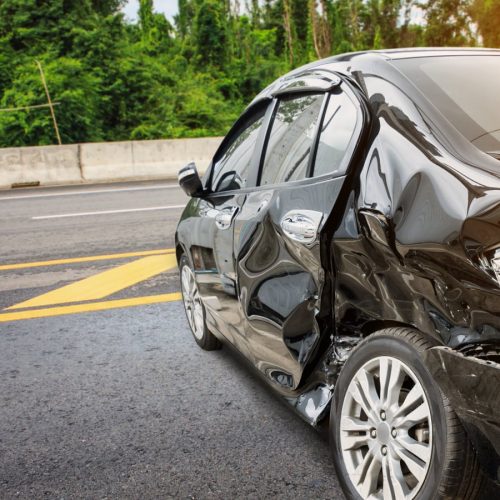
When people are hurt in commercial truck accidents or other accidents while driving for work, they may wonder where to turn to get compensation for their injuries. The answer to that question depends on the situation, including whether or not they were driving a company vehicle and whether they were “acting within the scope of employment,” which is another way of saying they were officially on-the-job.
Depending on the situation, someone hurt while driving for work could claim their injury under one or more of the following: workers’ compensation, a third party’s liability insurance or their own medical and car insurance policies.
Determining which of these insurance policies applies often takes the advice of a legal expert. Hiring a truck accident lawyer can also help increase your chances of resolving disagreements and finding outcomes that weigh in your favor.
You can learn more about who is most likely to be liable for the costs of your work-related injury by reading on.
Hurt While Driving a Company Vehicle
When you are driving a company vehicle and performing work duties, your company’s workers’ compensation plan will usually pay the medical costs for any injuries you sustain as a result of a car accident. Your company’s commercial liability policy will also usually cover third-party claims from anyone else injured in the accident. Commercial liability policies can even help pay for your legal counsel you if someone sues you directly for the accident.
The “acting within the scope of employment” caveat applies to most situations where you are driving in a company car as long as it is work-related. Unlike personal vehicle travel, this category includes direct travel to and from work. If you are running an errand for your boss, that also likely counts as work-related duties.
If you get in an accident while using the company vehicle for personal errands, that may not be covered or only partially covered by your employer’s insurance plans. Any accidents that happen during criminal activity are exempt from any coverage by any insurer.
Hurt in Commercial Truck Accidents in Personal Vehicles
If you are driving your own vehicle for work-related duties, any accident and injuries you cause may not be covered by your employer’s insurance policies. Each policy must explicitly state that they cover damages to personal vehicles or liability for damages to third parties, otherwise it probably does not cover these costs. You may still be able to file for workers’ compensation for your injury as long as your driving duties are not considered contract work by your employer.
Your own personal car liability insurance policy may not cover the incident, either, unless you have purchased a “rider” permitting you to use your vehicle for job-related duties.
Hurt by a Negligent Third-Party While Working
If you are in a car accident while working and you are injured by a third party determined to be “at fault” for the incident, you can recover damages from their car liability insurance policy.
In some instances, you may be able to claim both workers’ compensation for your injury and file a claim under a third-party liability policy. In these situations, you must reimburse your workers’ comp policy in full, but you keep the difference between the two payouts. Since liability claims can pay out additional benefits than workers’ comp — including benefits for pain and suffering and loss of personal services — then you are likely to have a larger settlement from a liability claim. Liability claims also pay for the total value of lost income, whereas workers’ comp only pays for 2/3.
For this reason, you may wish to file a third-party liability claim with the help of a Portland accident lawyer when you are injured while driving for work. If you have been injured in a work-related accident while driving, you can explore your options and get more clarity when you contact an experienced attorney today.
To get in touch with Lowry & Associates at 207-775-3819 or fill out our free case review form.






